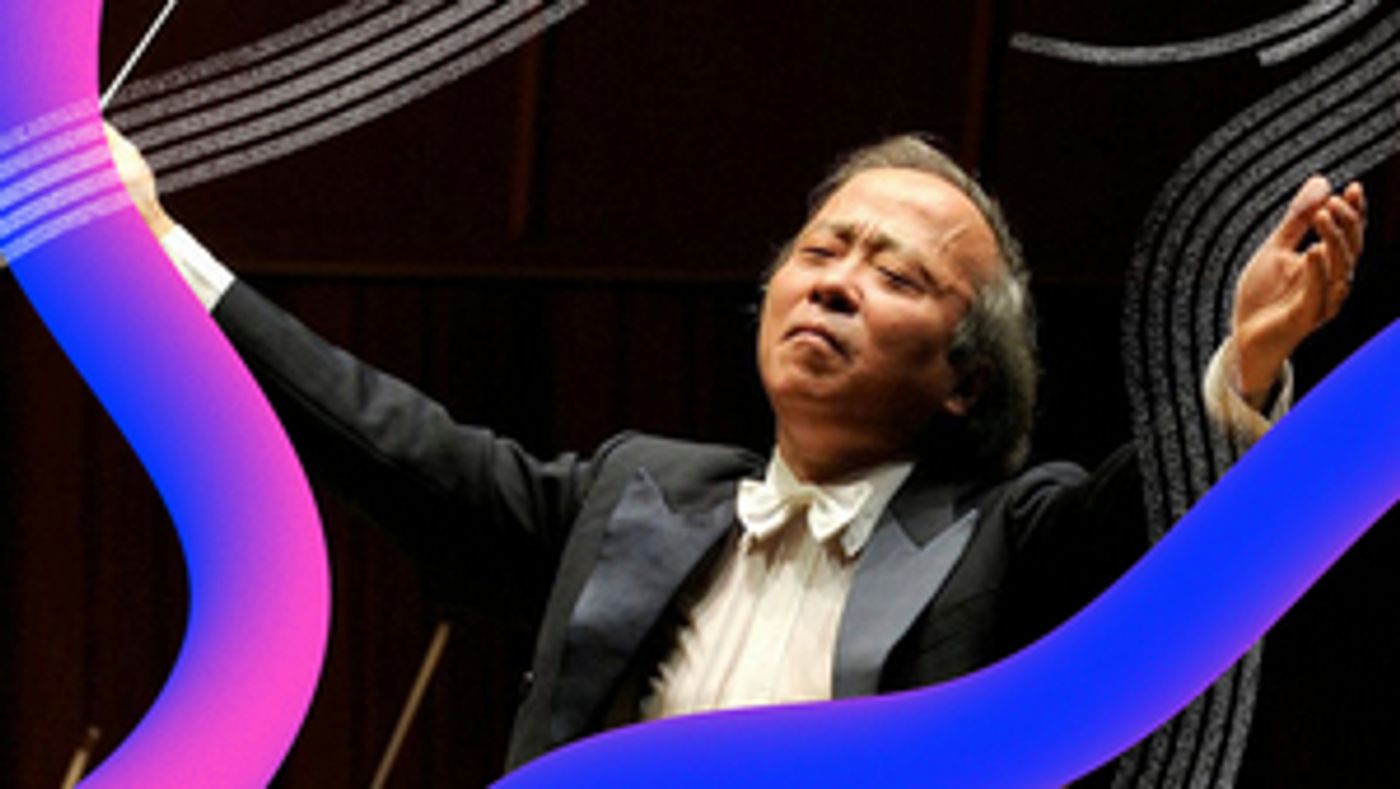Review: PROM 7 – BEETHOVEN'S FIFTH SYMPHONY, Royal Albert Hall
Tadaaki Otaka conducts the BBC National Orchestra of Wales, who also perform pieces by Coleridge-Taylor and Rachmaninov

![]() Works by “the old Ludwig van” – as A Clockwork Orange’s Alex would say – remain popular as part of the BBC Proms series, with this performance of his fifth symphony the second of eight Beethoven compositions on the programme this year – and this is probably the most famous of the lot. It was preceded by renditions of Sergey Rachmaninov’s Five Études-tableaux (making its Proms debut) and Samuel Coleridge-Taylor’s Violin Concerto in G minor.
Works by “the old Ludwig van” – as A Clockwork Orange’s Alex would say – remain popular as part of the BBC Proms series, with this performance of his fifth symphony the second of eight Beethoven compositions on the programme this year – and this is probably the most famous of the lot. It was preceded by renditions of Sergey Rachmaninov’s Five Études-tableaux (making its Proms debut) and Samuel Coleridge-Taylor’s Violin Concerto in G minor.
This was also the first appearance of the BBC National Orchestra of Wales this season, directed by their Conductor-Laureate, Tadaaki Otaka. As well as serving as ambassadors for Welsh music, this orchestra contributes to the cultural landscape in various other ways, including touring the UK, working with young performers, and recording soundtracks (for example, they have the task of performing the latest version of the Doctor Who theme tune, ahead of the show’s return this autumn).
The evening kicked off with Rachmaninov’s Études-tableaux, composed from 1911 to 1917 and orchestrated by Ottorino Respighi in 1930; beginning with “The Sea and the Seagulls”, it continues with “The Fair”, “Funeral March”, “Little Red Riding Hood and the Wolf”, and then ends with “March”. Stylistically, the individual movements range from lively to sombre and soporific, however there is always a slightly dark undertone that reflects the tumult of revolutionary Russia and the oncoming storm of the Second World War.
It was definitely interesting to keep an eye on the percussion section (Mark Walker, Phil Girling, Andrea Porter, and Harry Lovell-Jones) during this piece, as there seemed to be something different happening during each individual movement. The tambourine playing during “The Fair” was particularly fascinating, demonstrating the versatility of an underrated instrument.
After a brief reset, the orchestra was joined by celebrated musician and artistic director Elena Urioste for Coleridge-Taylor’s violin concerto, who managed to dazzle the audience’s eyes with her bright yellow dress as well as dazzle their ears with her exquisite interpretation of the violin solo. There’s a very filmic quality to this piece, and it has a surprisingly emotional heft – undoubtedly generated by Urioste’s solos, but then developed by the backing of the orchestra.
“Somewhere Over The Rainbow” was a sweet choice of encore tune, and beautifully performed, however it did stand out a bit in an evening otherwise devoted to more elemental and atmospheric pieces.
The final composition of the evening is instantly recognisable by its first four notes, and is one of the most well-known pieces of classical music of all time. Composed between 1804 and 1808, Beethoven’s Symphony No. 5 in C minor premièred on 22 December 1808 at Theater an der Wien as part of a night of Beethoven premières that lasted approximately four hours. Dedicated to two of his patrons, Prince Lobkowitz and Count Razumovsky, it consists of four movements and features Beethoven’s first use of trombones in a symphony.
The composer left no explanation of the meaning behind this work, which has left it to various interpretations over the centuries, the most popular being that it begins with either ‘fate knocking at the door’ or a thunderclap. However, given that it follows in the footsteps of the “Eroica” (his third symphony, originally dedicated to Napoleon Bonaparte), it could just as easily be a snapshot of conflict and resolution – it certainly paints vivid imagery to this effect as it moves through the movements towards a slightly more hopeful conclusion.
Despite those opening notes not coming through quite as loudly as one might expect, hearing such an iconic piece performed live always sends shivers down the spine; the BBC National Orchestra of Wales really did it justice with their musicianship, and conductor Otaka was particularly expressive in his actions by this point in the evening.
An excellent early offering for this Proms season, worthy of a watch when it comes to TV screens (and iPlayer) later this week.
The Proms are at the Royal Albert Hall until 9 September
Photo credit: Masahide Sato
Reader Reviews

Videos

